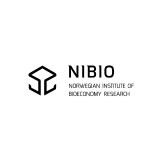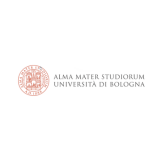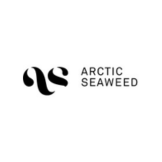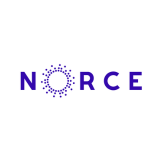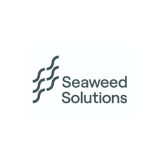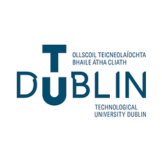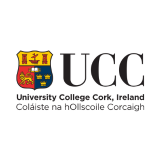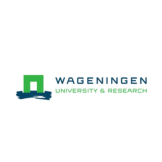AquaUP
Aquafeed Upgraded: Enhancing Immune Function with Seaweed-modified Functional Compounds
Key facts
Status: ongoing
Duration:
2 May 2024 - 2 May 2027
Theme:
Blue bioresources and blue food
Contact
Website:
AquaUP ➝
Description
The aquaculture industry is anticipating intensive production growth to meet future food demand. Yet, this growth is constrained by a number of challenges, not least including disease spread and use of antibiotics and chemicals to combat or reduce disease outbreaks. To support fish health, alternative aquatic feeds need to be added with immune-stimulating functional ingredients. Seaweed is a promising aquaculture feed crop due to its rapid growth rate, carbon sequestration properties, and valuable biomass supply it provides without the need for fertilization. It also can potentially be a valuable source of nutrients in fish feed. However, the use of unrefined seaweed is hampered by the presence of anti-nutritional compounds such as high levels of non-starch polysaccharides, phytases, and tannins that reduce nutritional digestibility and, consequently, fish health and aquaculture productivity.
Pre-treatment technology to sustainably (cost-effective, scalable, and environmentally responsible) unlock the potential of seaweed bioactive compounds is not well-established. In response, a biorefinery process can help extract seaweed’s nutritional components and convert them to high-value products for various applications. However, the current extraction process involves harmful chemicals (acid or alkali). Therefore, significant progress is needed to develop extraction and purification technologies that can contribute to a sustainable and circular blue economy. Screening and identification of seaweed-derived functional compounds are also required to assess their functional properties like immunomodulatory, antimicrobial, antioxidant, and prebiotic effects. Here, in-vitro cell culture is an efficient screening tool for assessing the functionality of novel bioactive molecules as it enables efficient and cost-effective control and manipulation of experimental conditions for compound screening. This needs to be complimented and validated using in vivo studies. While several studies have investigated native compounds’ effects on immune function in fish, determining the functionality of seaweed-derived compounds is in its early stage of R&D. Finally, there is a lack of information on the environmental and economic impacts of seaweed-based functional ingredients compared to existing conventional functional ingredients.
The above knowledge gaps identified will be addressed in this project to use of seaweed-modified ingredients in aquaculture. Our objective is to investigate seaweed-modified functional compounds in aquatic feed to improve growth, immune response, and disease resistance.


